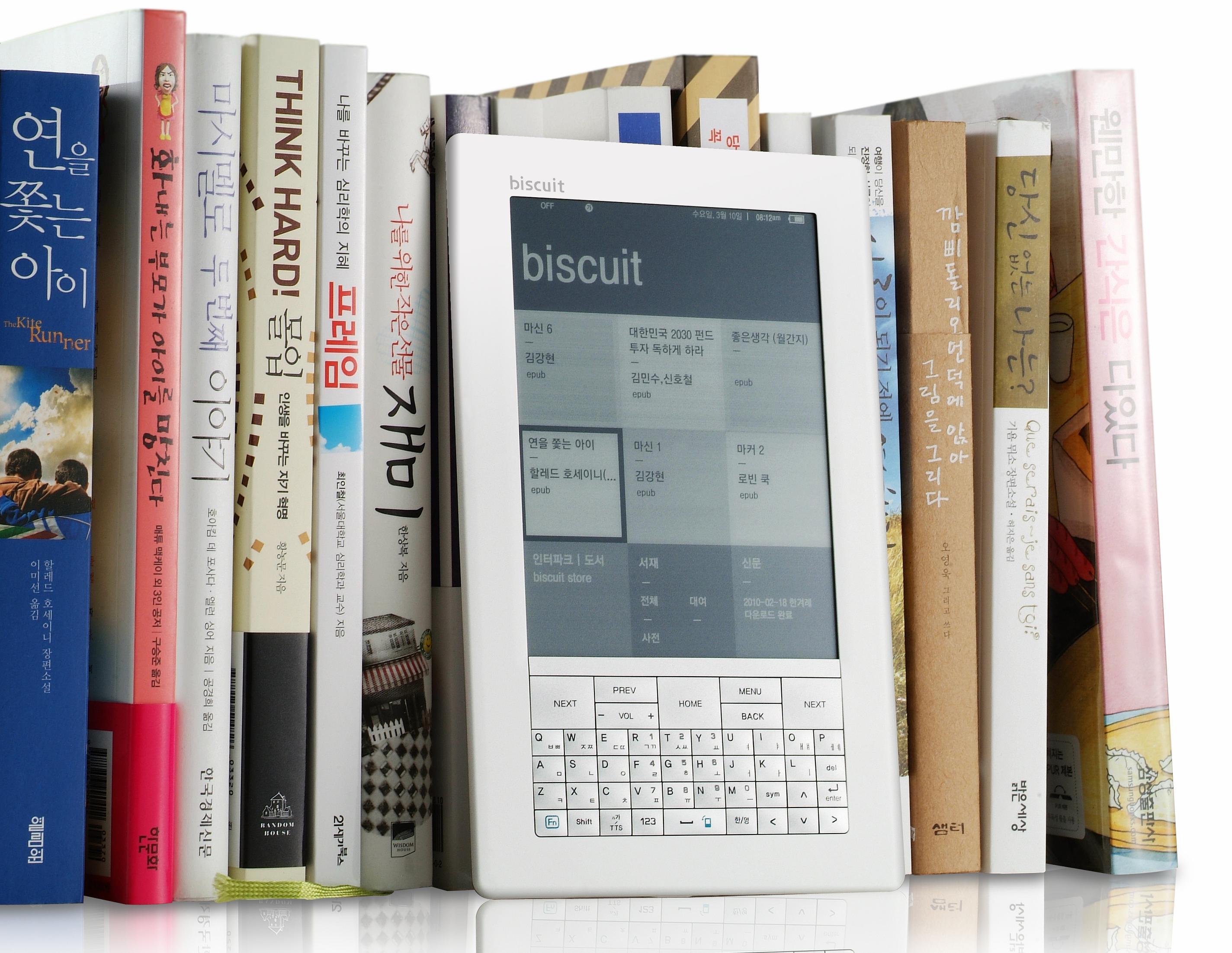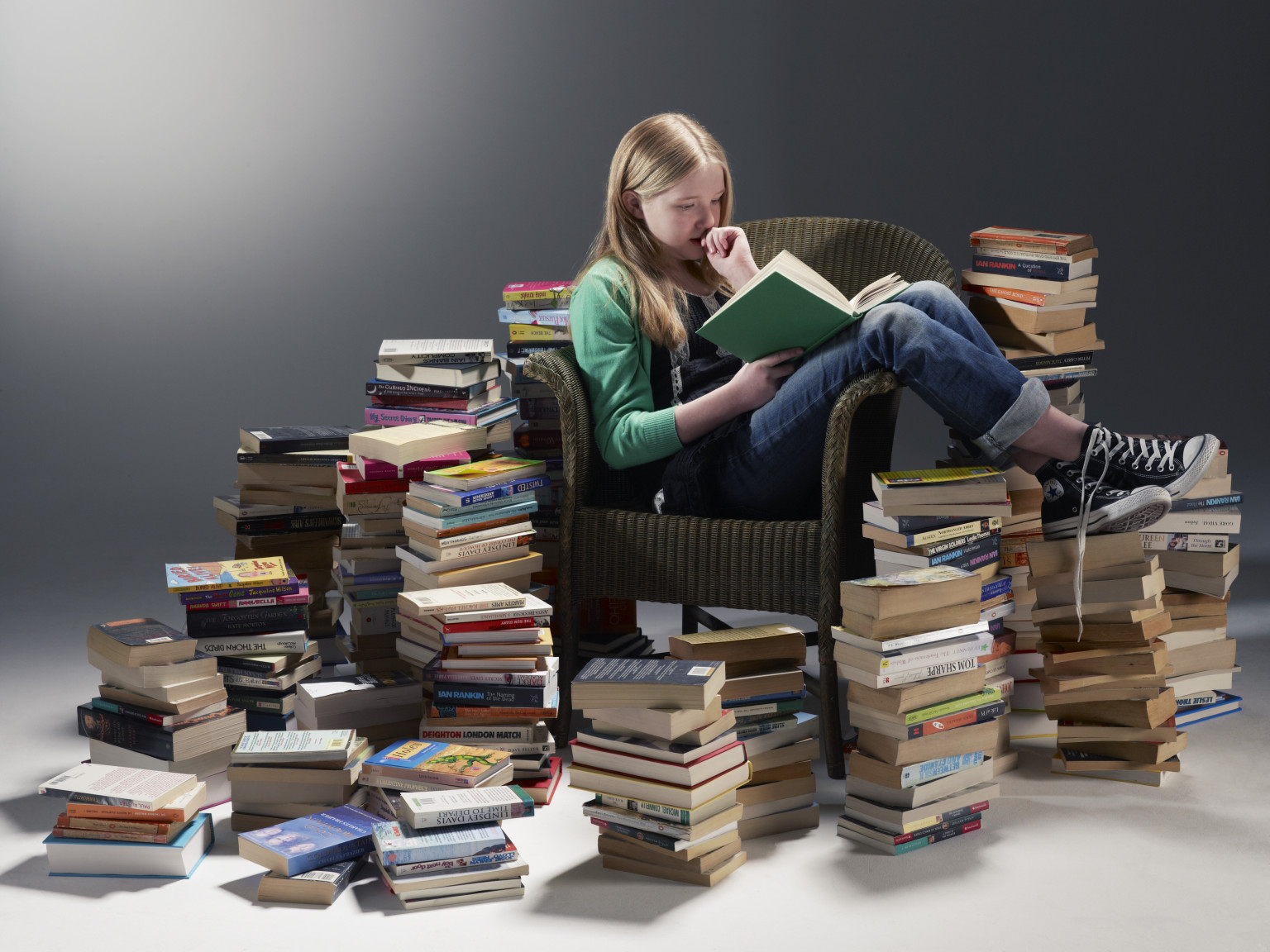
Books come in various shapes and sizes. They could be ancient scriptures made from papyrus, white papers printed by machines, or sets of data found inside smartphones and computers. Books can also contain contents that are not letters, such as doodles, notes, pictures, and illustrations.
However, whatever the books look like, books have always played an important role in human life. They record facts, ideas, ideals, desires. Since most of the people who record information in books are highly educated, there is a lot that can be learnt from books.
Today, books are mass products and can thus be found anywhere we go. As a result, it has become very hard to find a book that suits oneself as there are now a tremendous number of books available for anyone who wishes to read.
Therefore, a lot of people nowadays tend to look for books that suit their major field of study rather than books that they actually would want to read. For example, liberal arts students would mostly pick books on literature and language whereas natural science students would normally pick books related to science. Although this may seem to be the most efficient way of learning and expanding one’s knowledge, it is not true in reality.

The 21st century is a new era that is a lot different from the past. Many futurologists say success will come from those who “think outside the box.” It is thought to be an age of information saturation meaning that the amount of information available is already overflowing. This explains why futurologists claim that people with creative thoughts will have higher possibilities of surpassing the ordinary.
To be creative means to have a ‘fusion’ mind which means to have the ability to connect information and make them as one. This means reading only books that are related to one’s major is now considered an action of falling behind. People should read books that go beyond their standard. They should not only find the links between independent fields but also make the links in order to guide themselves toward new, creative and innovative ideas.
However, trying to do this while experiencing many failures, might take too much time. It is advisable to read books which give experiences in conversing superficially unrelated ideas. In this sense, the following two books are good examples.

Chang Ha-sok’s Science Meets Philosophy by Hasok Chang
Realizing the importance of finding and constructing links between different contexts can be seen by examples of people who have succeeded by doing this. The first book worthy of recommendation is Chang Ha-sok’s Science Meets Philosophy written by a Cambridge Professor Chang Ha-sok.
As the title itself shows, this book is about science philosophy. The book shows how Chang Ha-sok looks at contexts from various perspectives such as looking at the significance of science development in the society or viewing science history differently from the great scientists.
Therefore, an important factor that one could look at while reading the book is how the author thinks on a subject, links information, explains the relationships between fields, and integrates different fields into one whole body.
Also, the reason this book is highly recommended is because it does not need background information on the science of philosophy to be able to understand it since the author explains all the significant contexts that one should know to proceed and understand the next stage.

Asking the Humanities “Where Is Happiness?” by Songho Baek
This book is another great book to recommend. It features 17 masters from the fields of neuropsychiatry, electricity and electronics, architecture, physics and astronomy, history, language studies, science, religion, etc., finding their own lines of reasoning and thoughts on where happiness might be found. Just by looking at these people’s fields of expertise, we can notice this book will show how 17 seemingly-unrelated fields can be studied on a same subject.
This book shows how a question can be answered in so many different ways. It also shows how the liberal arts and humanities fields are not the only fields that can answer such abstract questions like ‘where does happiness come from?” The book clearly shows that there are always links between things, and that it might be wrong to think that each subject should have an exclusive group studying it. It is important to remember that while reading this book, one should develop insights into how different fields are able to come up with a solution to a problem, and how some fields arrive at a very similar solution even though the fields do not seem to be
closely related to one another.
It is a fascinating book that demonstrates how all things can be connected to each other, and how it is possible to put completely different ideas together for creating a new idea, product, etc. Also, the book shows how it might be easier to put different things together to come up with new materials than to simply go deeper and deeper into one single subject.


